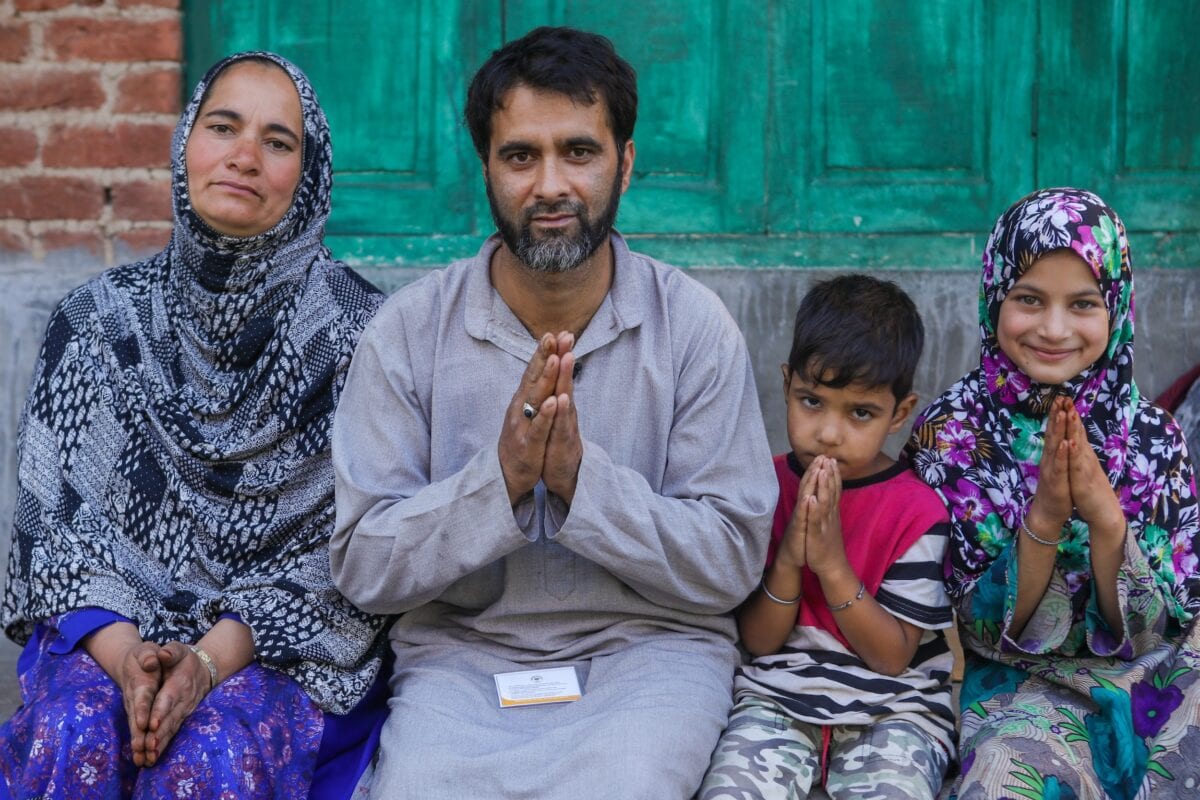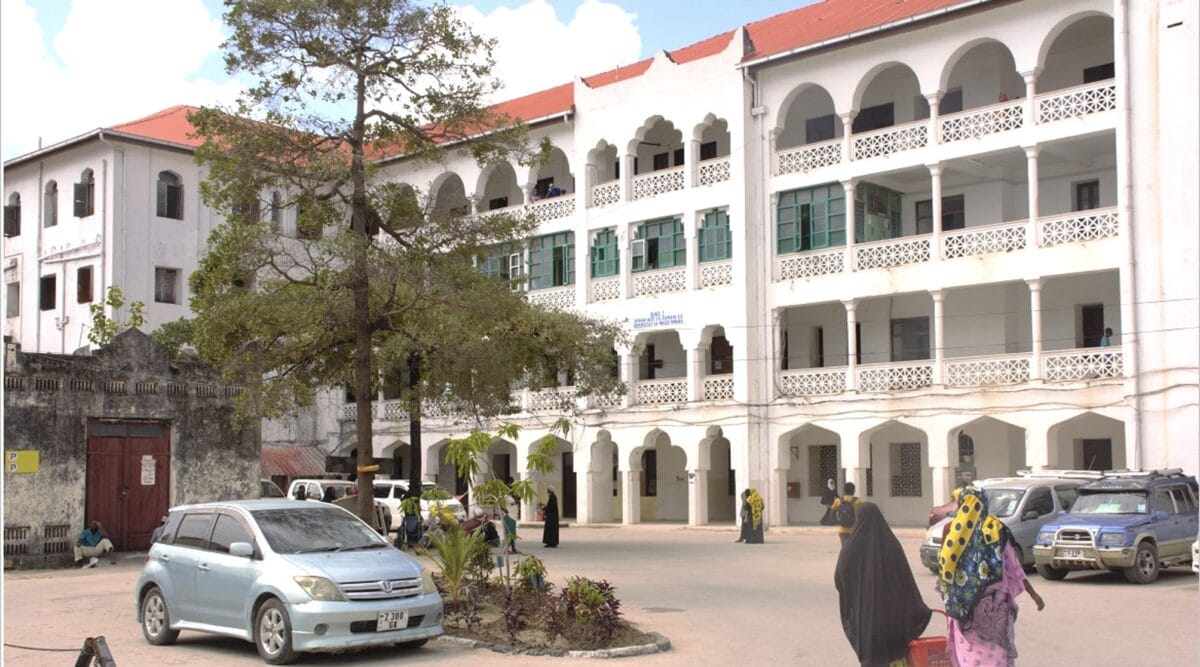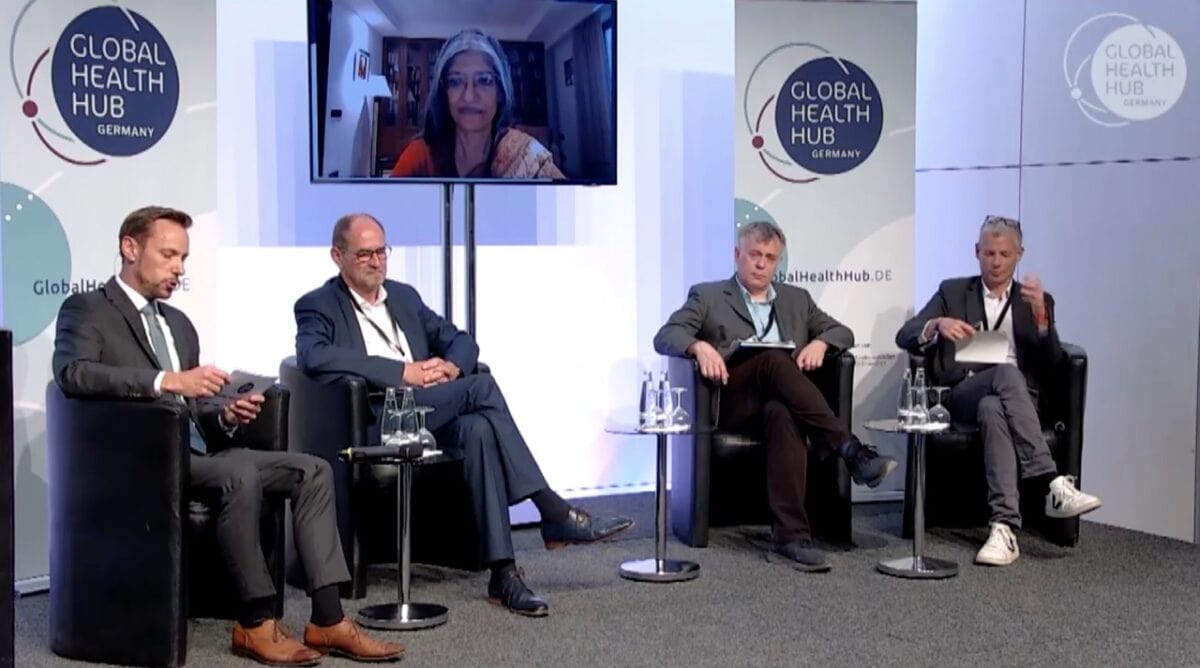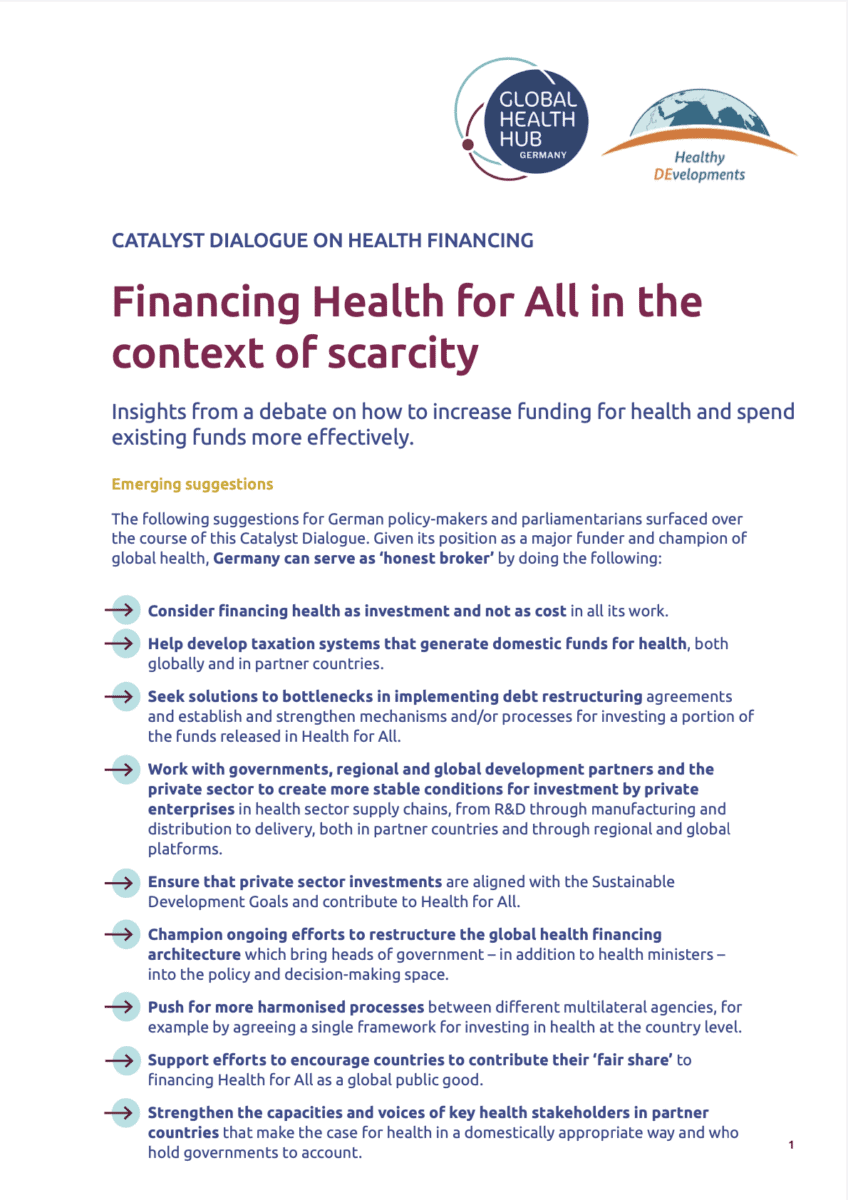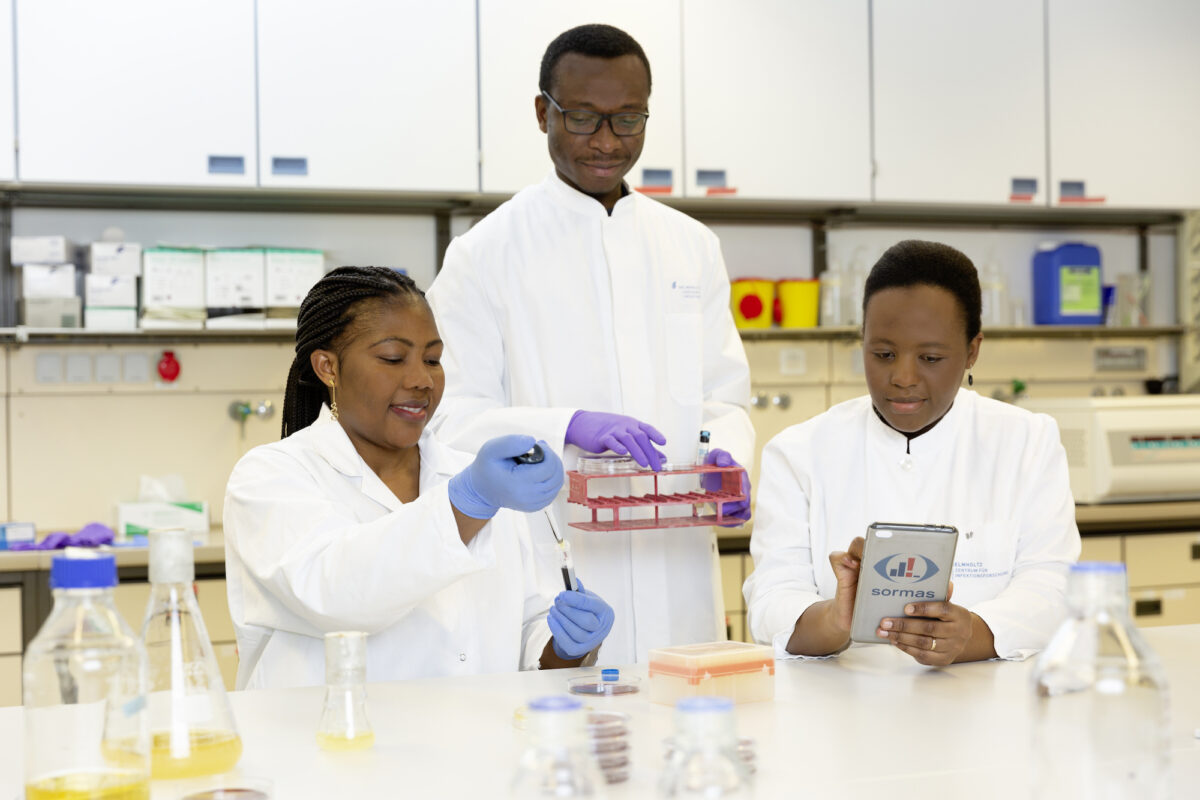Research into the implementation of India’s PM-JAY generates wealth of learning
Researchers and development practitioners reflect on learnings from comprehensive research, commissioned by the Indo-German Social Security Programme, examining the implementation and impact of the world’s largest health insurance scheme.
Research into the implementation of India’s PM-JAY generates wealth of learning Read more

